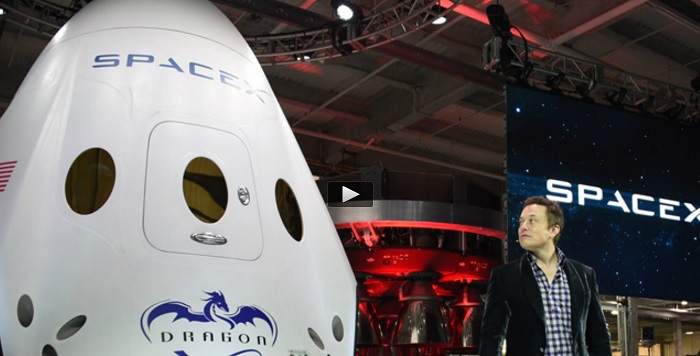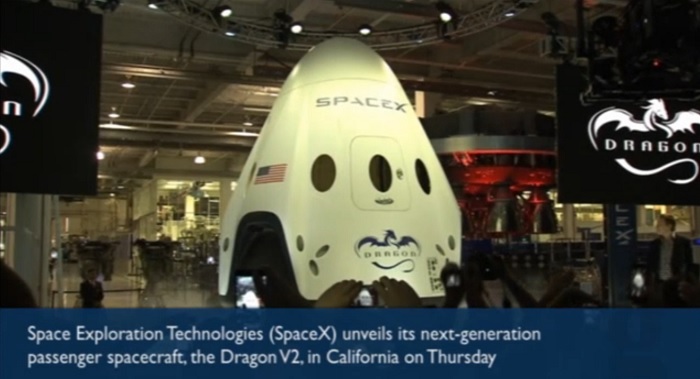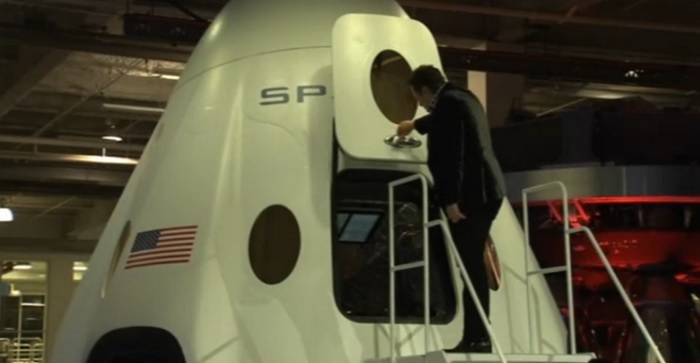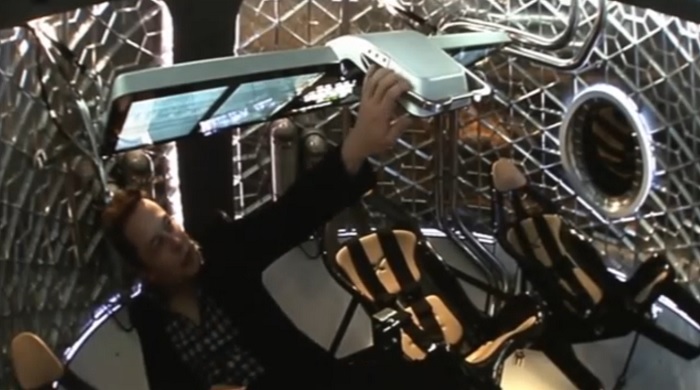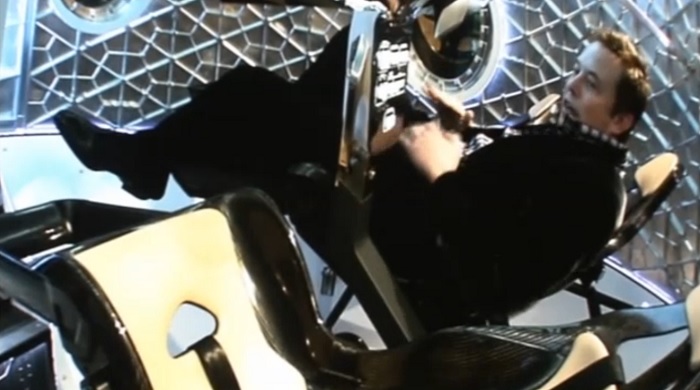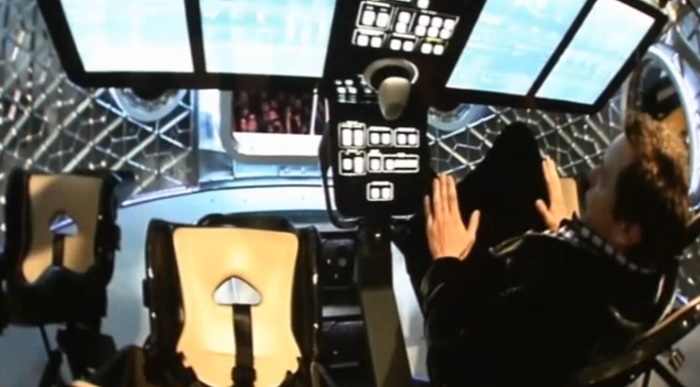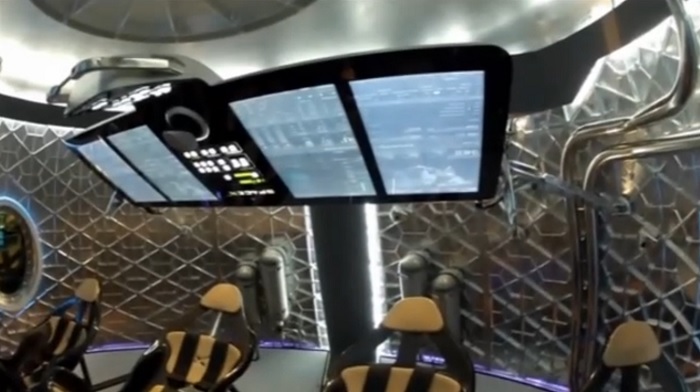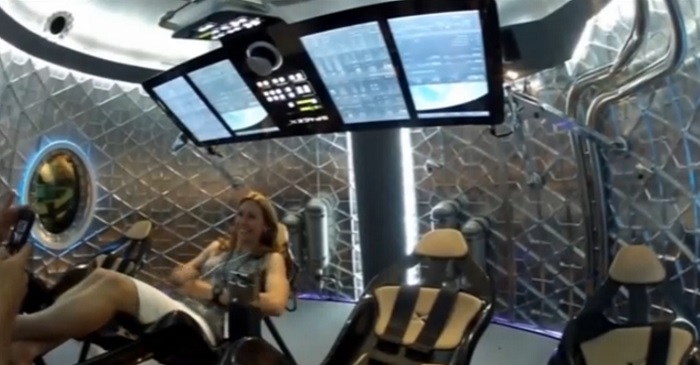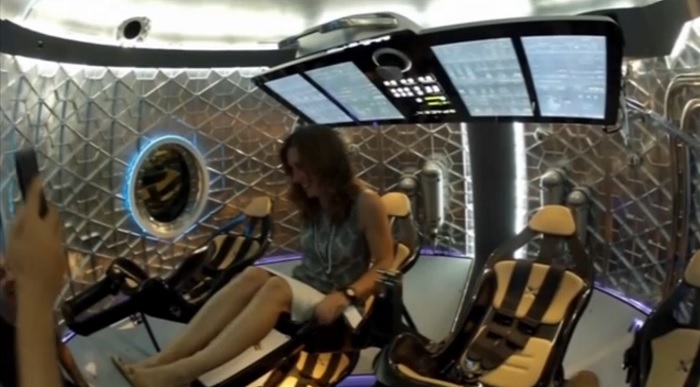.
28.05.2014
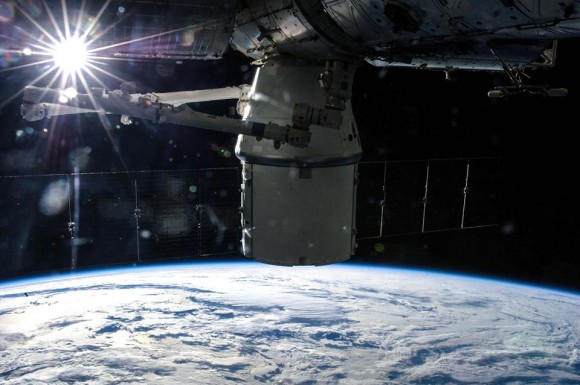
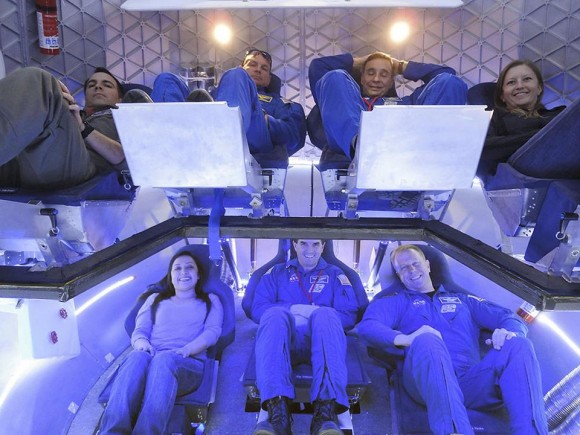
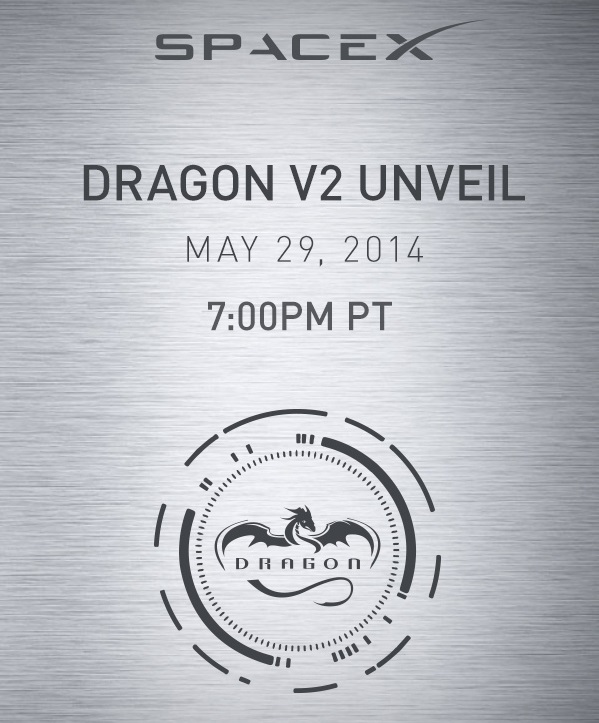
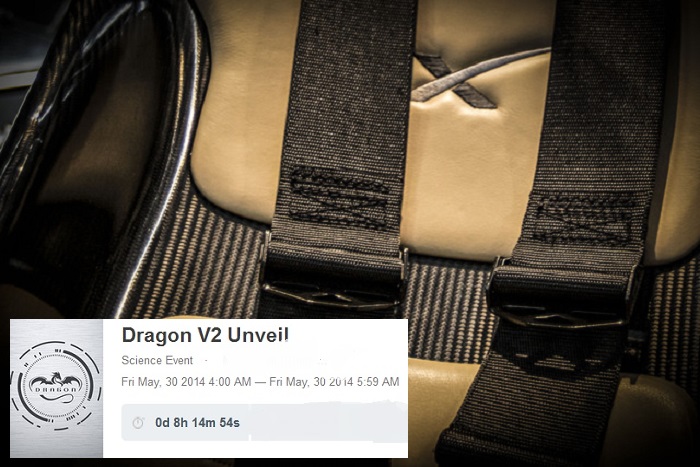
Next up, Dragon V2 – SpaceX’s next generation spacecraft designed to carry astronauts to space.
Quelle: SpaceX
.
Update: 30.05.2014 / 7.00 MESZ
.
Meet Dragon V2.
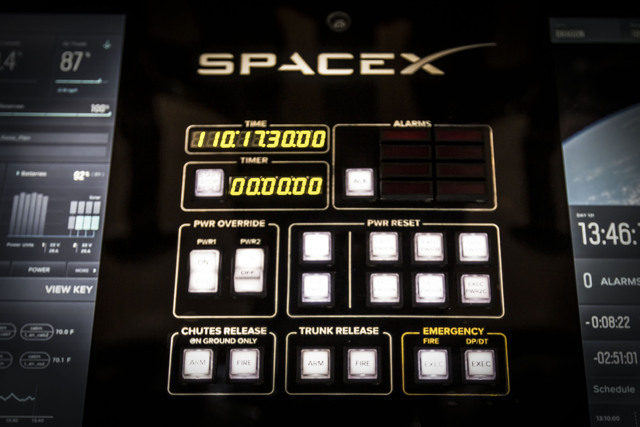
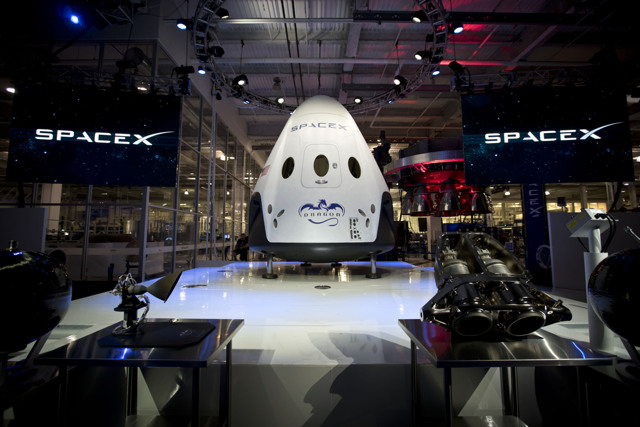
.
Präsentation von Dragon V2 von SpaceX Chef Elon Musk / Frams:
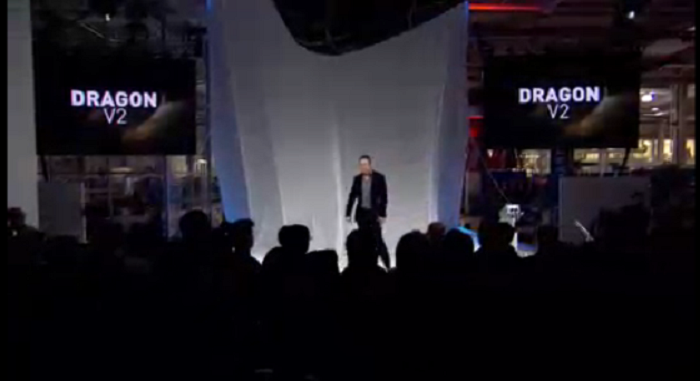
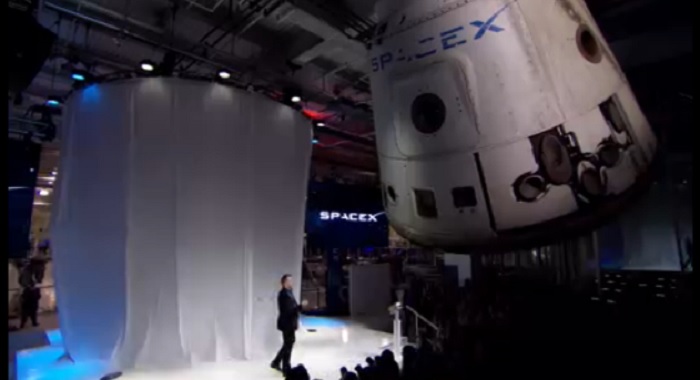
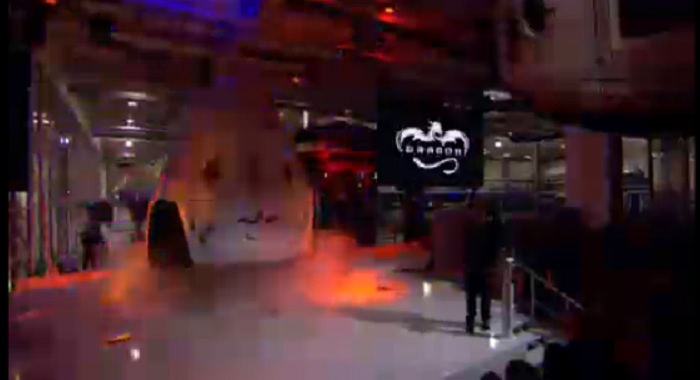
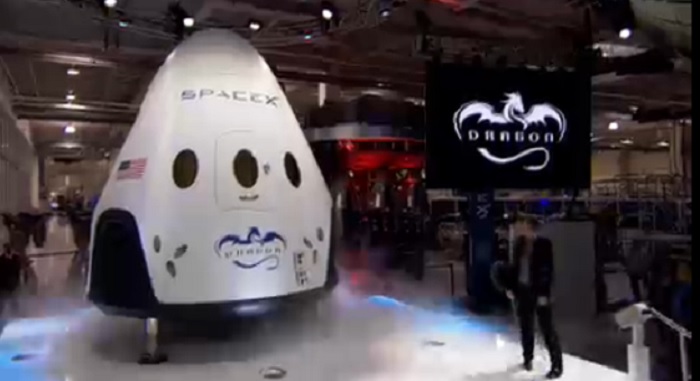
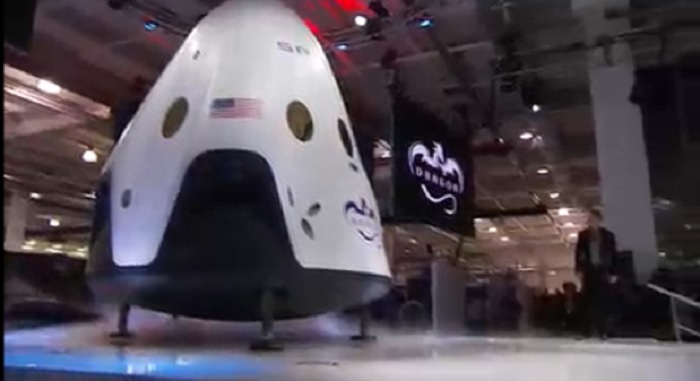
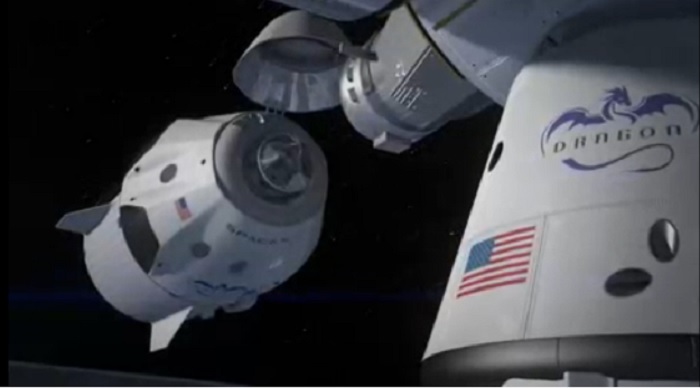
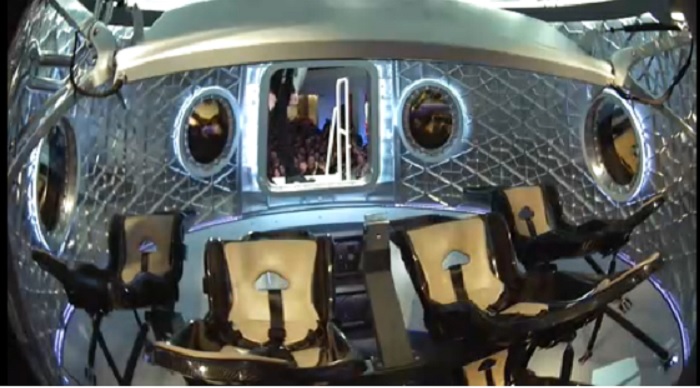
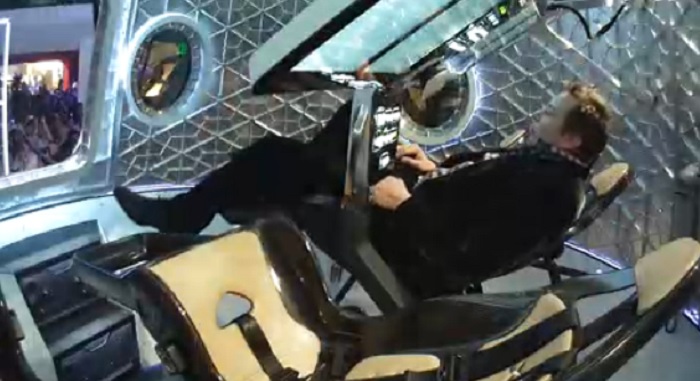
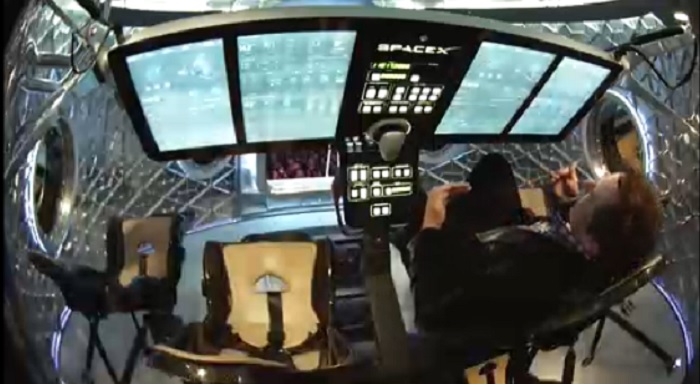
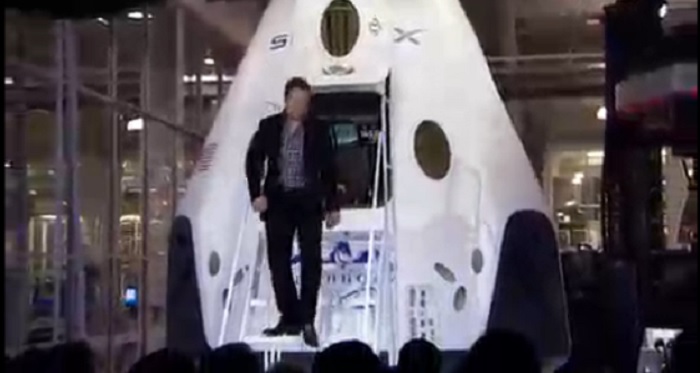
Quelle: SpaceX
.
Update: 17.00 MESZ
.
Elon Musk unveils Dragon V2 spacecraft for seven astronauts
SpaceX founder takes next step in private-sector race to provide Nasa with transport to and from international space station
.
Elon Musk has taken the wraps off a new spacecraft designed to ferry up to seven astronauts to the International Space Station.
The unveiling of the cone-headed craft dubbed Dragon V2 took place at the southern California headquarters of Musk's company, SpaceX. Musk declared the spacecraft a big leap forward in technology.
SpaceX is one of several private companies competing to build "taxis" for Nasa to replace the retired space shuttle fleet. It previously flew four cargo missions to the space station, delivering food and supplies.
Nasa has been relying on Russian Soyuz rockets to carry astronauts to low-Earth orbit until a commercial spacecraft is ready to take over the task.
SpaceX, short for Space Exploration Technologies Corp, has made four cargo runs to the orbiting outpost 200 miles above Earth. Last month a Dragon capsule splashed into the Pacific, returning nearly two tonnes of science experiments and old equipment.
Companies competing for the right to ferry astronauts need to design a spacecraft that can seat four or more and be equipped with life support systems and an escape hatch in case of emergency. SpaceX has said it is designing a seven-seat spacecraft.
John Logsdon, professor emeritus of political science and international affairs at George Washington University, said SpaceX and longtime Nasa contractor Boeing were "more or less neck and neck" in the competition but progress overall was slower than anticipated, mainly because Congress had not fully funded Nasa's budget request for the effort. He said it was important for the US to move away from reliance on Russia for space travel given the political tension over the annexation of Crimea from Ukraine.
